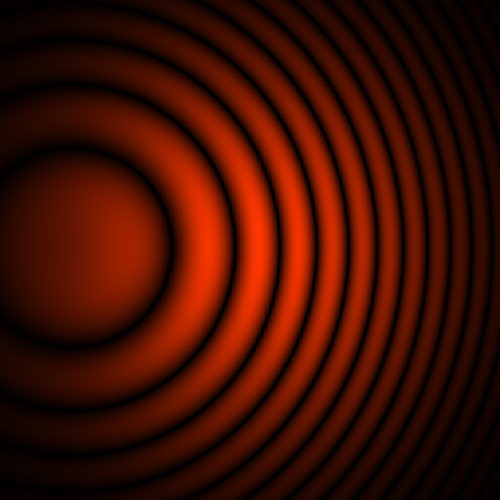Complementary Interference Pattern in a Mach-Zehnder Interferometer
Abstract
Beam splitters are crucial components for any kind of interferometry application, as they either split incident light into two beams or can be used in reverse to combine two different beams into one. While often modeled as an idealized component, to fully understand all effects these components have on the light, a real model is necessary. To demonstrate this, a Mach-Zehnder interferometer with a coherent laser source is build up in VirtualLab Fusion and analyzed by using a non-sequential modeling approach. The different behavior of idealized and prism beam splitters is investigated, revealing a complementary interference pattern caused by a relative phase shift.
VirtualLab Fusion Configuration
-
 VirtualLab Fusion
VirtualLab Fusion



